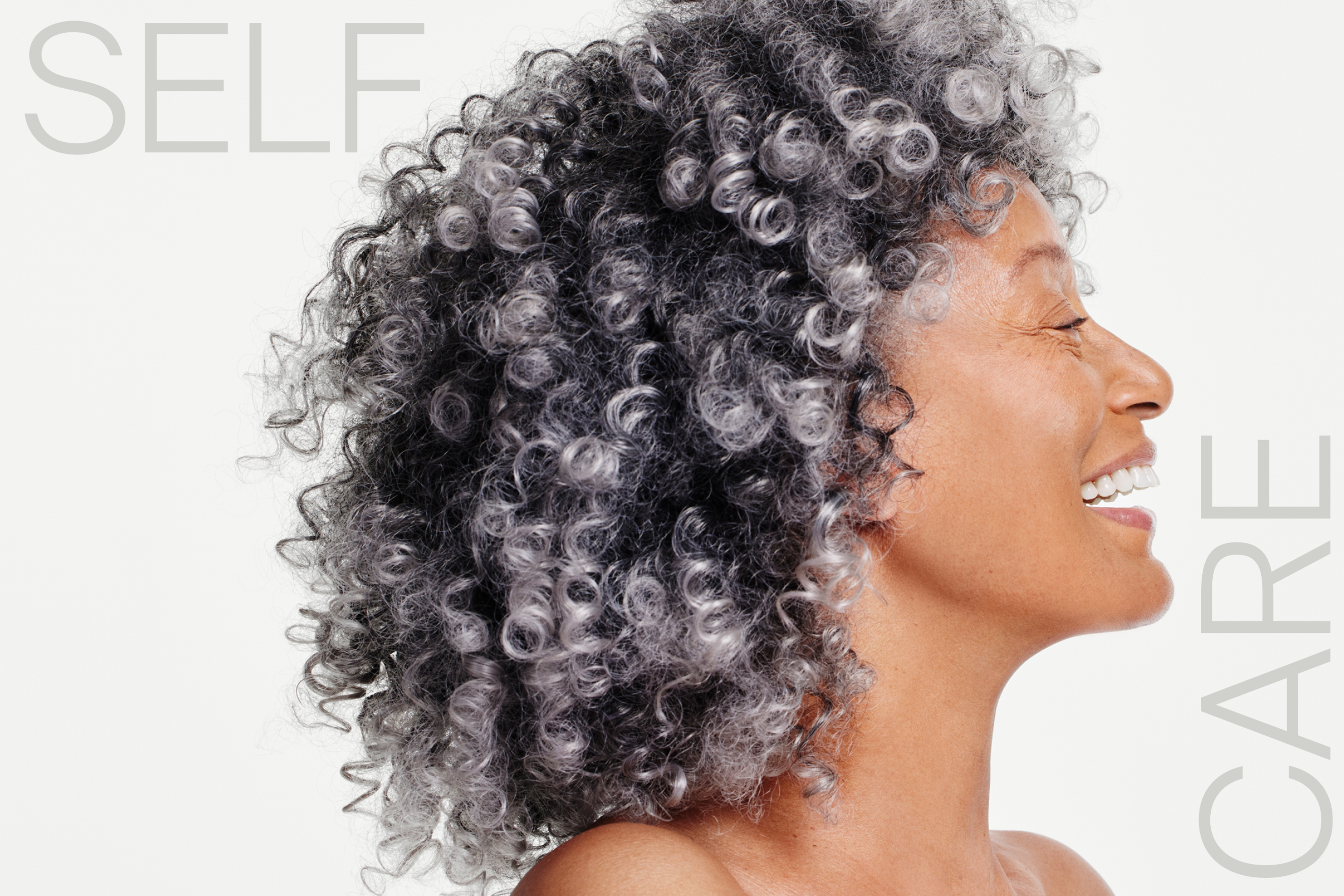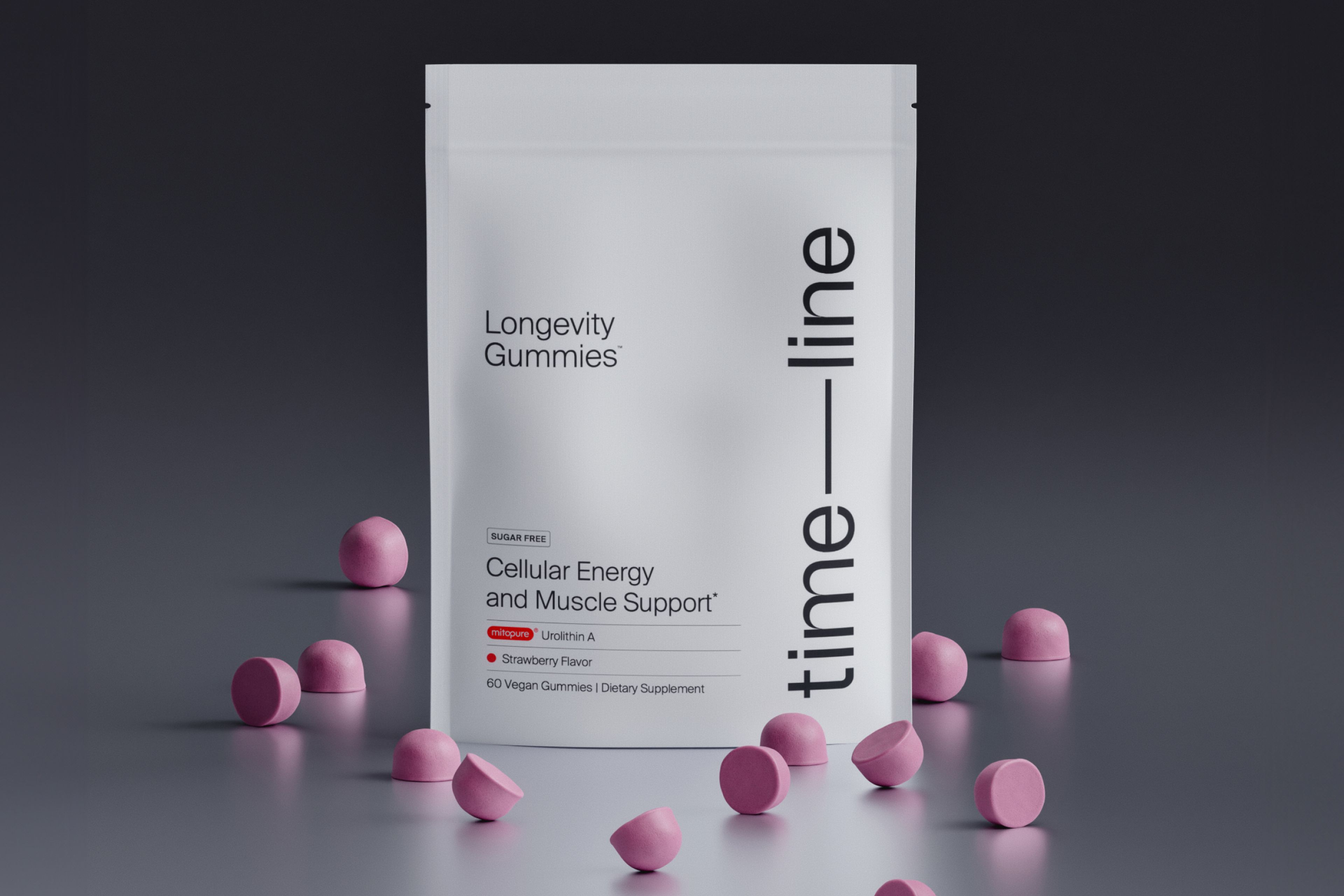Self-Care to Optimize your Health, Happiness, and Longevity
Self-care is more than a buzzword or an indulgent fad— it’s essential to nurturing your mind, body, & spirit for health, happiness, and longevity.

What to know
Practicing self-care is essential to our overall health and well-being.
There are many different types of self-care, and they’re easy to incorporate into your life.
From sleeping and eating well to meditation and outdoor play, self-care is about nurturing your mind, body, and spirit for optimal health and longevity.
The clinically proven benefits of self-care include reduced anxiety, depression, and stress, and increased concentration, energy, well-being, and happiness.
Daily Self-Care Tips for Better Health and Well-being
September is Self-Care Month. Nearly everyone’s heard of the term self-care, but not everyone is sure what it means.
Self-care refers to activities that enhance physical and mental (emotional, psychological, and social) health, help reduce stress, prevent disease, and preserve your overall well-being and quality of life. It’s about prioritizing lifestyle choices that help keep you healthy—mind, body, and spirit.
For some, the concept of self-care is uncomfortable because they’re accustomed to putting the needs of others first. However, taking care of others without attending to your own needs can take a substantial toll on your health and well-being.
“If you don’t make time for healthy habits, you’ll need to make time for illness.”
For others, the objection may be that they “don’t have the time or money for it.” But self-care doesn’t have to be time-consuming or cost anything. Prioritizing simple daily choices that promote your health—getting a good night’s sleep, eating healthy, exercising, and beginning the day with thoughts of gratitude, all count as self-care.
In today's busy world, it's easy to come up with excuses for not taking positive action in our lives, but we need to recognize that the excuses are just that and commit to easy, daily habits that can help us lead healthier, happier lives.
There’s a saying that applies here, “If you don’t make time for healthy habits, you’ll need to make time for illness.” It’s a bit daunting, but it’s true. Prevention is always the best medicine, and simple, daily self-care practices can make all the difference in preserving your health and well-being.
FACT:
While as many as 7 out of 10 Americans are aware of their need for self-care, fewer than 7% practice daily self-care, amounting to a weekly average of 65 minutes.[1]
Self-care for better physical health
Practicing daily self-care is easier than you might think. Consider incorporating the following basic daily self-care activities into your life.
Sleep well
One of the most essential elements of self-care is sleep. It is as vital to our health, wellness, and longevity as breathing, hydrating, and eating. Lack of sleep can undermine your well-being and daily quality of life—affecting everything from your moods (increased stress, anxiety, and irritability), behavior, brain functions (decision-making and problem-solving abilities), stress hormones, and immune system.
Aim for 7-9 hours of sleep nightly.
Tips for better sleep:
- Limit your alcohol, caffeine, and nicotine use, especially before bed
- Shut down the bluescreens (TV, Smartphones, computers) 90 minutes before bed
- Make your bedroom a sleep sanctuary free of distractions
- Create a relaxing bedtime and waking routine. Try a warm bath or shower or a calming skincare ritual.
- Practice meditation
- Read a book (no blue light)
- Listen to calming music or nature sounds
FACT:
People who sleep less than 7 hours a night are 3x more likely to catch colds and have 30% lower rates of well-being.[3]
Eat well and stay hydrated
You’ve heard this one before, but here’s a reminder. Say yes to more fruits and vegetables and no to processed foods and sugar. An anti-inflammatory diet rich in vitamins, minerals, antioxidants, and fiber will help keep illness at bay.
Consider taking vitamins and supplements that support your health and address nutritional deficiencies. Mitopure® has been clinically proven to increase cellular energy, muscle strength, and endurance.
To stay hydrated, drink about 8 glasses of water a day. Infusing your water with refreshing slices of lemon, crisp cucumber, or invigorating mint can enhance the flavor, making it feel like a more luxurious experience.
Play well
Walk, bike, or play outdoors (weather permitting) to reduce stress, improve your fitness (lower your heart rate and blood pressure, manage your weight), and experience better sleep and moods. Don’t think of it as exercise; think of it as a daily opportunity for your favorite playtime activity. Bring your favorite playmate, 2 or 4-legged. Don’t forget to protect your skin from the sun with clothing, hats, and sunscreen.
Taking care of your skin is taking care of your health too
Speaking of your skin, did you know that keeping your skin healthy may help you stay healthy overall? Not only does skin function as the physical barrier that protects you from environmental toxins and stressors, but the skin is an active immune organ at the frontline of your body’s defense against illness.
The care we give our skin should go well beyond that of how we look, as new evidence suggests that as skin ages, it releases inflammatory chemicals that could drive the premature aging of other internal organs.[4]
Make your skincare practice a daily self-care at-home spa ritual with products like Timeline Skin Health that support your skin’s health and longevity.

The Serum
Bestseller4.6 · 128 reviews
Lifts the skin. Powered by Mitopure®
Mind & Spirit—Tips to Be Well
Prioritizing mental and emotional health in self-care is crucial for overall well-being, as the chronic stress many of us experience throughout our lives is a known contributor to disease[5].
Practices like mindfulness meditation enhance cognitive function, including memory and problem-solving skills, and strong mental and emotional health fosters healthy relationships[6].
Moreover, these practices can promote resilience, enabling you to better cope with life’s challenges and setbacks.
Overall, tending to mental and emotional well-being not only leads to a better quality of life but will also positively impact your physical health, cognitive abilities, relationships, and overall resilience.
Here are some easy self-care practices that focus on your mind and spirit:
- Do something simple that brings you joy every day. It could be sipping on a cup of coffee as you watch the sun come up or savoring a square of dark chocolate.
- Be kind in thoughts, words, and feelings towards self (and to others).
- Learn a new language, creative hobby, skill, game, or sport.
- Practice gratitude, mindfulness, meditation, prayer, or worship.
- Keep a journal.
- Read a book.
- Take a daily digital break—unplug from social media, digital distractions, and TV.
- Set healthy boundaries and keep to them.
- Immerse yourself in nature—take in more sunrises and sunsets.
- Connect with family and friends.
Final words
It’s hard to believe that simple daily self-care practices can significantly impact our health and quality of life, but it’s true. Self-care is the daily gift we can give ourselves to live better and be well.
Isn’t it time you reaped the clinically proven benefits of self-care? Remember, it’s important to stick with your self-care practices, especially when things get tough; that’s when you need it the most. Not sure where to start? Pick from the tips above and take care—self-care.
Authors

Author
Copywriter

Reviewed by
Senior Manager of Nutrition Affairs
References
- ↑
Self-care habits. One poll website. Accessed August 23, 2023.https://www.onepoll.us/portfolio/vagaro-self-care-habits/ (https://www.onepoll.us/portfolio/vagaro-self-care-habits/)
Shandra CL, Sonalkar N. Health self-care in the United States. Public Health,2016;(138):26-32. ISSN 0033-3506
- ↑
Self-care habits. One poll website. Accessed August 23, 2023.https://www.onepoll.us/portfolio/vagaro-self-care-habits/ (https://www.onepoll.us/portfolio/vagaro-self-care-habits/)
Shandra CL, Sonalkar N. Health self-care in the United States. Public Health,2016;(138):26-32. ISSN 0033-3506
- ↑
Cohen S, Doyle WJ, Alper CM, Janicki-Deverts D, Turner RB. Sleep habits and susceptibility to the common cold. Arch Intern Med. 2009 Jan 12;169(1):62-7. doi: 10.1001/archinternmed.2008.505. PMID: 19139325; PMCID: PMC2629403
- ↑
Nestle, F., Di Meglio, P., Qin, JZ. et al. Skin immune sentinels in health and disease. Nat Rev Immunol 9, 679–691 (2009). https://doi.org/10.1038/nri2622
- ↑
Schneiderman N, Ironson G, Siegel SD. Stress and health: psychological, behavioral, and biological determinants. Annu Rev Clin Psychol. 2005;1:607-28. doi: 10.1146/annurev.clinpsy.1.102803.144141. PMID: 17716101; PMCID: PMC2568977.
- ↑
Basso JC, McHale A, Ende V, Oberlin DJ, Suzuki WA. Brief, daily meditation enhances attention, memory, mood, and emotional regulation in non-experienced meditators. Behav Brain Res. 2019 Jan 1;356:208-220. doi: 10.1016/j.bbr.2018.08.023. Epub 2018 Aug 25. PMID: 30153464.
Disclaimer
The information in this article is for informational purposes only and should not be taken as medical advice. Always consult with your medical doctor for personalized medical advice.

•
Nutrition•
First-of-Its-Kind Longevity Gummy Launched

•
Skincare•






